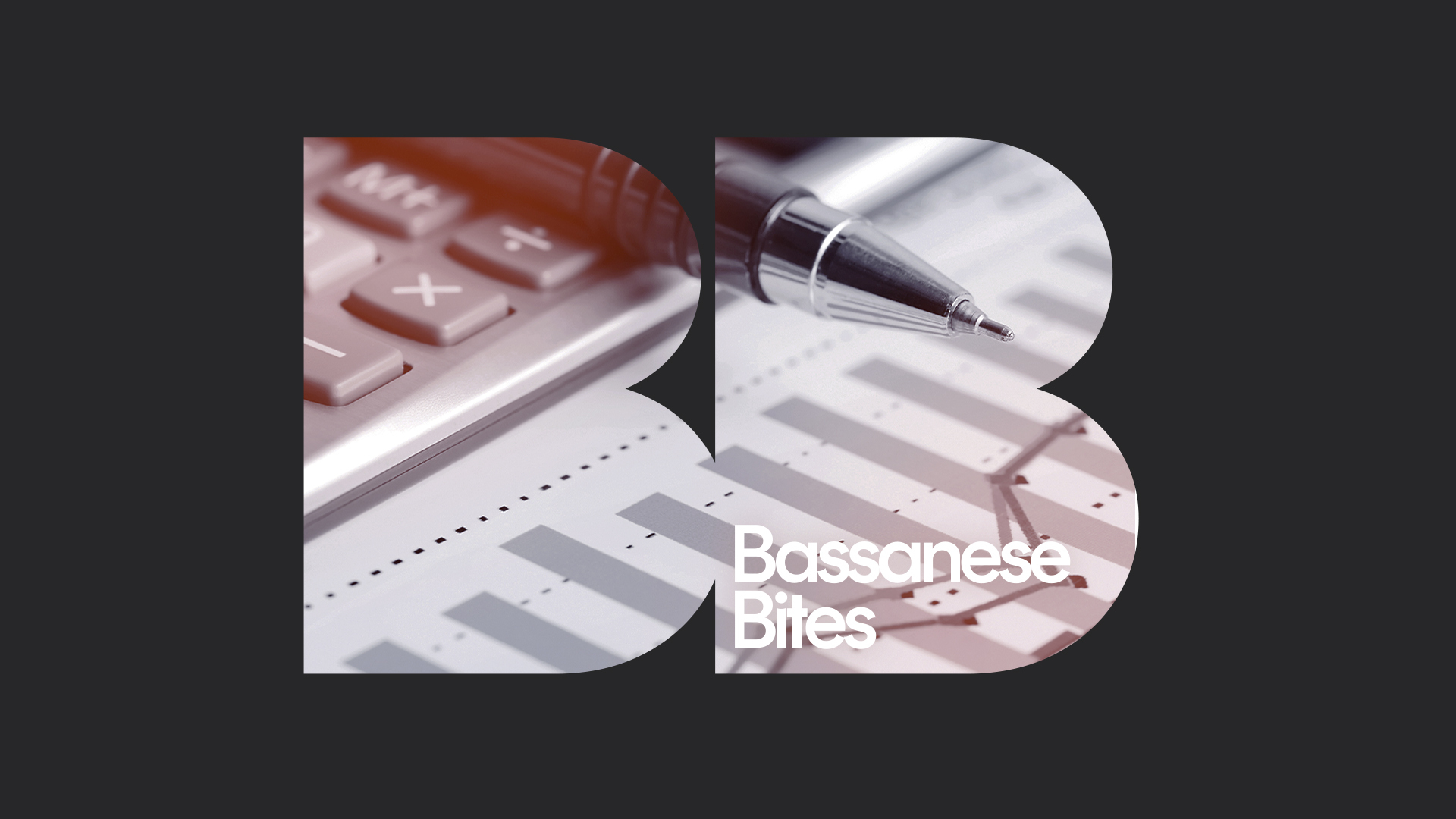Shane has always loved investing. He began as an individual stock buyer during his time working for mining companies. However, over time, he discovered the benefits of constructing a diversified portfolio rather than putting all his eggs in one basket.
This journey has seen him wear numerous hats: financial adviser, general manager of a small gold exploration company in Indonesia, consultant to a large gold mining company, and government analyst. He now teaches financial literacy in semi-retirement that allows him the freedom to travel.
ETFs – A tool for diversified investing
Shane was attracted to exchange-traded funds (ETFs) primarily due to the diversification they offered through their ability to mitigate single-company risk. They also served as a convenient tool to maintain his tactical view based on macro perspectives.
He explains: “I don’t want to go out there and research every single company. So I can invest in a portfolio of companies through an ETF because then if one of the holdings tanks, this could be offset by the exposure to the other ones.”
Shane manages a self-managed super fund (SMSF) for himself and his wife. He initially tried replicating the investment strategies of industry super funds. But he soon moved to a core/satellite approach, using broad-based ETFs for his core portfolio.
Their shared ethics have played a crucial role in his investment decisions. “It gives us both the opportunity to not hold companies that we’re morally against,” he explains. He avoids companies that don’t align with their values, preferring ETFs such as ETHI Global Sustainability Leaders ETF that provides exposure to a portfolio of sustainable and ethical companies.
He also uses NDQ Nasdaq 100 ETF in his portfolio core, and supplements these with “vanilla ETFs” to balance out his portfolio’s tech focus. A200 Australia 200 ETF , for instance, which can complement NDQ in the equities portion of a portfolio due to their differing sector allocations.
An aversion to home bias leads him to invest more in global ETFs whenever he finds he’s over-exposed to Australia, a tactic he refers to as “incremental rebalancing”. Shane identifies himself as a “buy and hold” investor, using niche ETFs to tinker around the edges.
Shane likens his investment strategy to selecting players for the Australian cricket team: “It’s harder to get out of it than to get into it”, he laughs. He’s also an advocate for dollar-cost averaging.
Dollar-cost averaging involves investing a fixed amount of money in an asset at regular intervals, regardless of the asset’s price. This strategy aims to mitigate the impact of price volatility on the overall purchase of investments by spreading the total investment amount over the long term.
The idea is that you buy more assets when prices are low and fewer assets when prices are high. This approach can potentially lower the total average cost per share of the investment, giving the investor a lower overall cost for the assets purchased over time.
Learning from mistakes
Shane isn’t shy about acknowledging his past missteps. He admits that like most Australians, he’d been too focused on shorter term performance. “Before I was managing it myself and I would watch the superannuation, when I saw the markets going down, I thought whoever was managing my super were morons”, he confesses.
He also regrets his initial approach of buying and selling individual stocks, which he now views as more akin to ‘gambling’ than investing.
Advice for new investors
Shane’s key advice to new investors is to prioritise self-education. “There’s no silver bullet. You have to educate yourself. And even if you go and engage with a professional, you still need to be self-educated so that you can spot what’s going on”, he advises.
Resources such as the product issuer’s website and government sites like moneysmart.gov.au are useful starting points.
He also cautions against intergenerational misinformation, urging new investors to read widely and understand different investing theses. He recalls being told by his grandfather that he needed to get to know the bank manager and bank with them for 15 years before getting a loan – such advice may have been useful decades beforehand, but this is no longer the case.
Shane warns against ‘confirmation bias’, where investors only read and retain information that confirms their existing beliefs.
“Confirmation bias is more evident today than in old media. If we think that market timing is the bee’s knees, then we’re just going to read everything on market timing. If that’s you, go and read the arguments for dollar cost averaging instead. Read the counter to your views.”
While Shane sees his students eager for a quick fix or the ‘best ETF to buy’, he emphasises that there’s no one-size-fits-all strategy. The goal, he says, is not to replicate someone else’s strategy, but to find your own investing mojo.
Shane’s journey in investing exemplifies the benefits of lifelong learning, diversification, and aligning investments with personal values. It serves as a reminder that in the world of investing, sometimes the teacher is also the student.
NOTE: This case study is provided for illustrative purposes only. It is not a recommendation to invest or adopt any investment strategy. This information is general in nature and doesn’t take into account any person’s financial objectives, situation or needs. You should consider its appropriateness taking into account such factors and seek professional financial advice.
Buy ETFs effortlessly with Betashares Direct
Betashares Direct is the new investing platform designed to help you build wealth, your way. Access ETHI Global Sustainability Leaders ETF , NDQ Nasdaq 100 ETF and A200 Australia 200 ETF through Betashares Direct, along with the 340+ other ETFs that trade on the ASX. Register for early access to Betashares Direct here:
There are risks associated with an investment in the Betashares Funds, including market risk, sector risk, international investment risk (for ETHI and NDQ), non-traditional index methodology risk (for ETHI) and foreign exchange risk (for ETHI and NDQ). Investment value can go up and down. An investment in a Betashares Fund should only be made after considering your particular circumstances, including your tolerance for risk. For more information on risks and other features of the Fund, please see the Product Disclosure Statement and Target Market Determination, both available on this website.
Formerly Managing Editor at Livewire Markets. Passionate about investments, markets, and economics.
Read more from Patrick.


